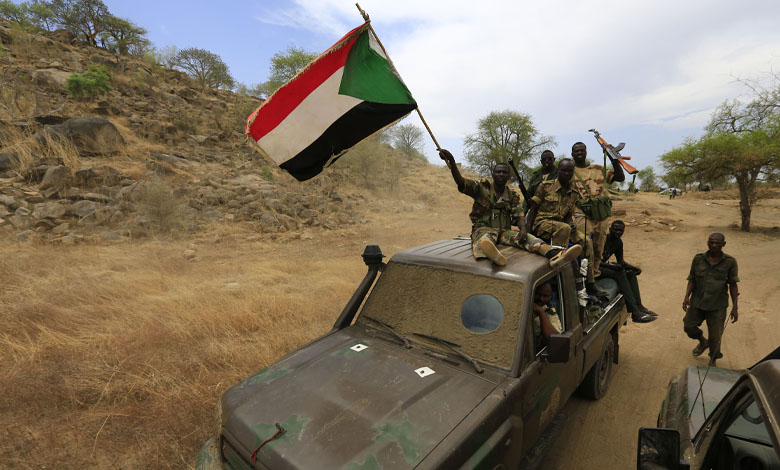Sudan: Will the Framework Agreement End the Country’s Crises?

After successive crises, Sudan witnessed the signing of a “framework agreement” between the military branch of the Sovereign Council of the country and the forces of the Declaration of Freedom and Change – the Central Council and allied groups – with the aim of ending the political crisis in Sudan and returning the country to civilian rule amid the international and regional presence of a number of parties that were an important reason for reaching the current agreement.
Arab and international roles
In the presence of General Abdul Fattah Al Burhan, his deputy Mohamed Hamdan Dagalo and the rest of the military members of the Sovereign Council, in addition to the leaders of the parties in the Freedom and Change Alliance, the Presidential Palace in Khartoum witnessed the official signing of the agreement by all parties, including the International Tripartite Mechanism, which includes the United Nations, the African Union, IGAD, the Quartet Mechanism, which includes the United Arab Emirates, Saudi Arabia, the United States and the United Kingdom, in addition to representatives of the European Union countries and the diplomatic missions accredited to Khartoum.
Framework agreement details
The agreement consists of general principles that include the consolidation of the principle of justice and accountability and transitional justice mechanisms and an end to impunity, as well as the affirmation of a single professional army committed to the unified military doctrine and the establishment of a full civil authority without the participation of the regular forces. It specified that the transitional period would be two years from the moment of the appointment of a prime minister, the selection of a transitional prime minister by the revolutionary forces that signed the framework agreement, according to the framework agreement, the head of state would be the commander-in-chief of the army, it also expanded the powers of the prime minister in the transitional period, the launch of a comprehensive constitution-making process, the organization of a comprehensive electoral process by the end of a transitional period of 24 months, provided that its requirements are defined and that it is prepared for in the transitional constitution, to be credible, transparent and impartial. In the issue of security and military reform, which leads to a professional and national government, in addition to the rule of the rule of the country and the civil government, in addition to the abolishing the limits of the system of the rule of the country, and the rule of democracy, and the system of the “These measures include: dismantling all state institutions; recovering illegally acquired funds and assets; revising the decisions of the Commission on Empowerment; reforming the judiciary in a manner that achieves independence and professionalism; halting economic decline and addressing the living crisis; implementing the Juba Peace Agreement with its evaluation and appraisal; completing peace with non-signatory armed movements; and adopting a balanced foreign policy that meets the highest national interests of the state.”
Transitional Authority
The details of the agreement laid down specific foundations for the structures of the transitional authority, including the sovereign level, the Council of Ministers and the legislative council, which are fully civilian institutions. The representation of women in the legislative council is 40%, and the sovereign level will be civilian and limited in number with honorary duties.
Regulatory Agencies and Functions
In the same context, the Agreement established specific frameworks for the regulatory agencies and their functions. The foremost among these organs is the armed forces, rapid support forces, police forces, the general intelligence service and the armed forces, as stipulated in the Framework Agreement. It is a non-partisan, statutory national institution committed to constitutional and civil order. The armed forces carry out their functions as stipulated in its law. It also has to carry out the tasks stipulated in the Framework Agreement, such as implementing policies related to security and military reform in accordance with the plan of the Transitional Government. The reform includes the integration into the armed forces of rapid support forces in accordance with the agreed timelines, the integration of the forces of the armed movements in accordance with the provision of security arrangements in the Juba Agreement, the prohibition of the formation of military or paramilitary militias, as well as the prohibition of investment and commercial activities of the armed forces, with the exception of those related to military and military tasks.
Harvest time
Othman Mirghani, a Sudanese political analyst, said that the framework agreement is like a declaration of principles and includes major issues that took long and exhausting negotiations and discussions, confirming that now is the time to reap.
He added that the agreement is a first step that needs more solidarity and motivation to push all the different parties on the road to stability for Sudan to return to normal life, adding that what is happening now is very promising.












